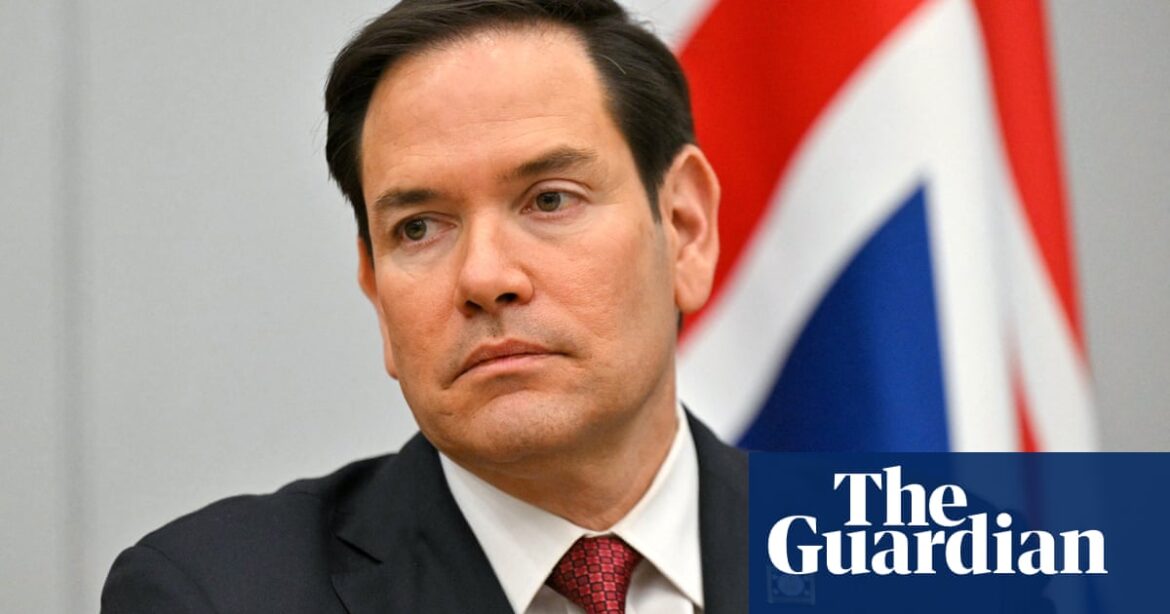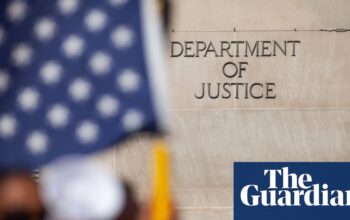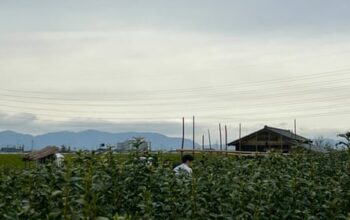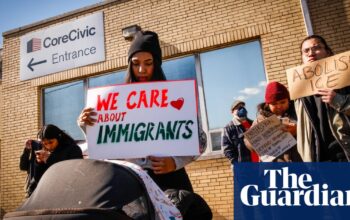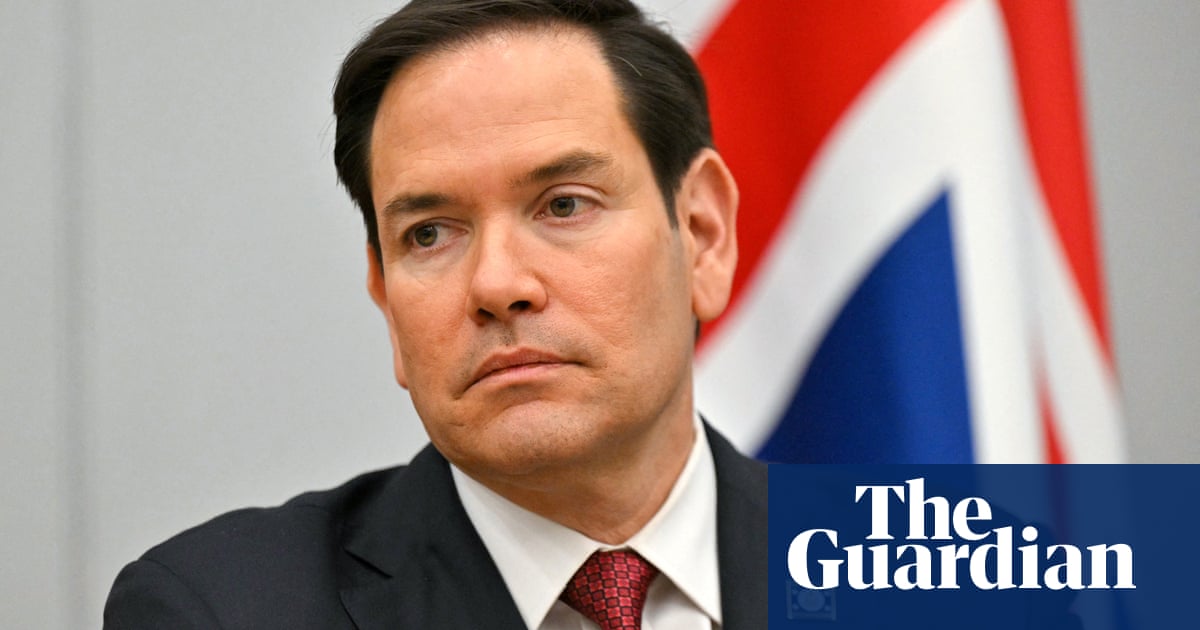
The US is revoking the visas of all South Sudanese passport-holders and will stop any more of its citizens entering the country.
The Department of State said South Sudan was “taking advantage of the United States” by failing to comply with US efforts to return people to the east African country, adding that the measures would come into effect immediately.
“Every country must accept the return of its citizens in a timely manner when another country, including the United States, seeks to remove them,” it said.
Christopher Landau, the deputy secretary of state, said the dispute related to one alleged South Sudanese national and claimed efforts to engage diplomatically with the South Sudanese government had been rebuffed.
“All visa appointments are cancelled, no new visas will be issued, no existing visas will be effective, and hence NO ONE from South Sudan will be entering the United States on a visa until this matter is resolved,” he said in a social media post.
Marco Rubio, the secretary of state, said Washington would “be prepared to “review these actions when South Sudan is in full cooperation”.
Donald Trump, who campaigned during the US election on an anti-immigration platform, has pursued various methods to remove foreign nationals from the US since returning to the White House, but the move against US-based South Sudanese is the first time he has targeted a group by citizenship with such a blanket measure.
South Sudan nationals in the US were granted “temporary protected status” by the Obama administration in 2011 on the grounds that the country was unsafe because of fighting that started after it declared independence from Sudan. A TPS designation means individuals cannot be removed from the US and are granted the right to work and the ability to travel.
The designation was extended by the Biden administration last September but is set to expire next month. The Department of Homeland Security said 133 people from South Sudan were on the TPS programme last year.
Trump has been pushing to end TPS designations for a handful of countries including Cuba, Haiti, Nicaragua and Venezuela, potentially affecting half a million people. A judge last month paused plans to end the legal protections for Venezuelans.
What was a simmering conflict in South Sudan has threatened to intensify in recent weeks, with forces loyal to President Salva Kiir clashing with backers of his rival, vice-president Riek Machar, in the eastern city of Nasir.
Conflict between Kiir and Machar, who come from the country’s largest ethnic groups, the Dinka and Nuer, cost 400,000 lives during a five-year civil war. Uganda and Sudan mediated a ceasefire in 2018 with cabinet and state positions distributed between their factions.
“South Sudan has been in a state of civil conflict since its creation and the only difference is whether the conflict has been open or smouldering beneath the surface,” said Mukesh Kapila, an academic who was the UN head in Sudan in 2004. He added that the underlying issues between the two leaders were never properly resolved.
The agreement faced a major stress test when the civil war in Sudan halted South Sudan’s oil exports, which account for about 70% of its budget. More than 600,000 people from Sudan have also sought refuge in South Sudan further straining the country’s limited resources.
The country’s financial challenges, which meant many in the public sector were not paid for close to a year, have been compounded by renewed hostilities between the supporters of Kiir and Machar.
Machar was placed under house arrest last month along with his wife, Angelina Teny, who is the interior minister. Officials from his party said this effectively ended the 2018 peace agreement. In the weeks leading up to Machar’s arrest several of his associates were removed from office.
The African Union dispatched a team of mediators last week to South Sudan’s capital, Juba, including Burundi’s former president, Domitien Ndayizeye, and the former Kenyan prime minister, Raila Odinga, to mediate between the feuding leaders.
Kapila warned it was a dangerous situation but “with the other problems in the world, I’m not sure anyone is currently bothered to stop the momentum toward conflict”.
Source: theguardian.com
